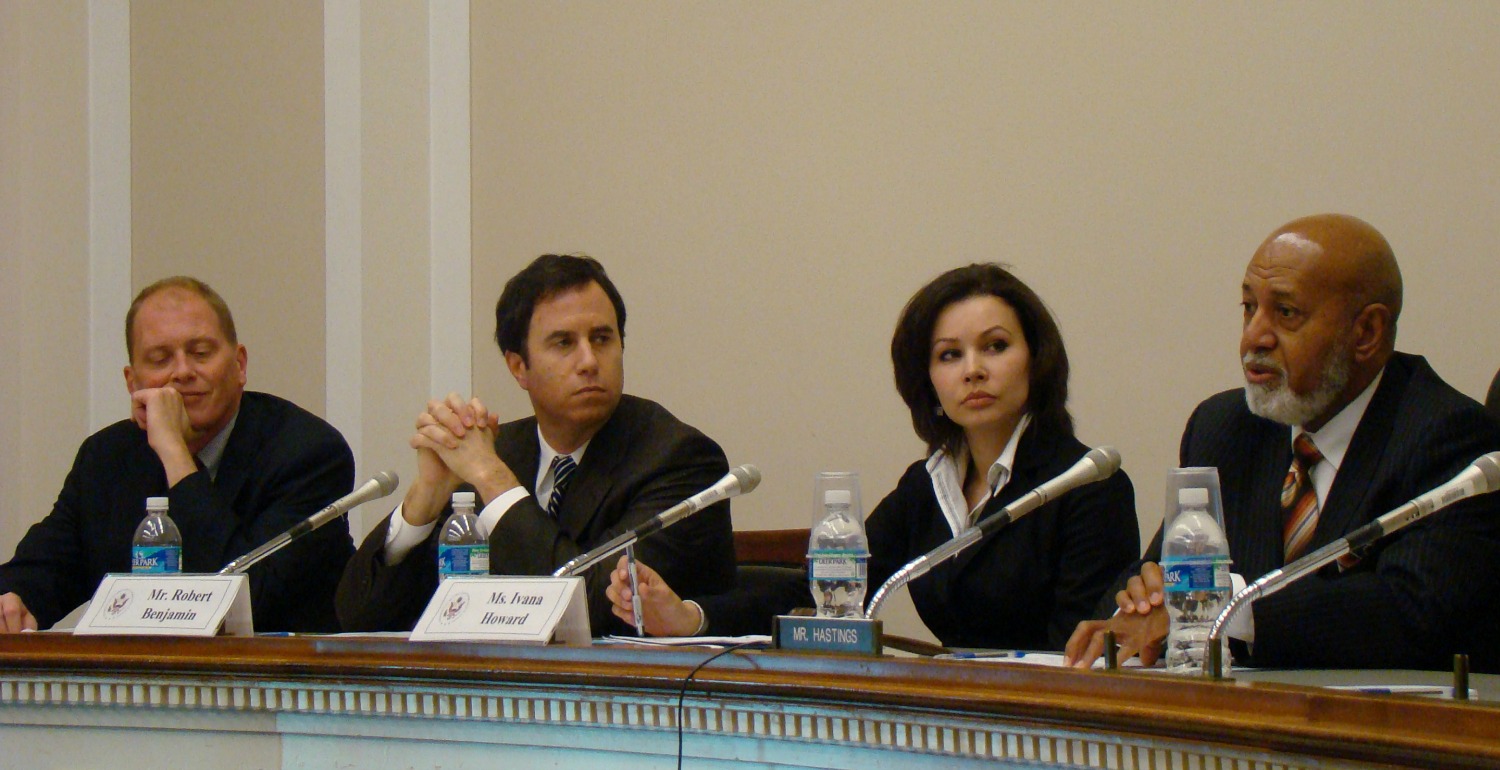The briefing looked at the political situation in Serbia at this critical time in the country’s history as well as the long-term prospects for the country’s democratic institutions, including civic society. Concern was expressed about the direction Serbia is taking, especially since Kosovo’s February 17 declaration of independence that was recognized by the United States and many other countries. The upcoming elections in May were identified as pivotal, as they would give the people of Serbia a choice between those political leaders advocating nationalism and isolation and those advocating democracy and integration.
Panelists at the briefing reported on their recent visits to the region and the results of recently conducted public opinion polls indicating attitudes in Serbia regarding their political leaders and their country’s future direction. Various scenarios for the aftermath of the May elections were presented, ranging from the retention of the same government to the election of a new, democratic government.





